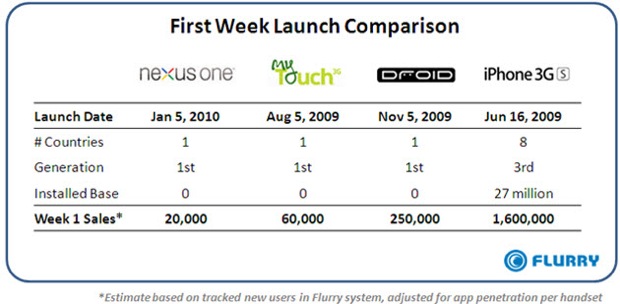Fascinating article in a recent posting at The Rumpus.net capturing an interview among an unnamed Facebook employee and Phil Wong of Rumpus.net. The whole article takes place in a bar near the Facebook campus over a couple of beers...and seemingly shares some good insight on how the monolith that is Facebook actually operates.
What is most interesting about this article is the insight that it provides to the inner workings of Facebook, its operations, internal workings and morale. Clearly this is only one employee's perspective, but the discussion seems to be open and forthcoming. In fact, here are a couple of the nuggets that stand out to me:
1) Facebook keeps everything: It probably shouldn't be a surprise when you think about it, but basically every post, picture, comment, or change you make is kept by Facebook forever. While you may delete things, they don't...
2) Facebook employees can see everything: Again, should't be a surprise, but employees of Facebook have the ability to emulate your account and see everything as you do. This apparently used to be done with a "master password (keyword: Chuck Norris)"...but today is done through some portal tool (as well as, access to the back-end of the database). Of course, there are lots of good reasons to do this including researching issues, account hijacking, etc.
3) Facebook does seem to take some aspects of privacy seriously: While Facebook's CEO may seem to argue that everything you or I post should be made public, they do seem to have some internal procedures regarding why and how employees access an individual users account. In fact, while the interviewee admits to looking at accounts that she shouldn't have, she did make clear that if you get caught and can't explain why you are looking, you get fired. All-in-all, that is a good thing.
4) Facebook does seem to be more careful in launching new functionality: Given their history of missteps, this is a bit surprising, but of course, I am only sensitive to the screw-ups...not the things that work fine (e.g. location of a specific button). Lessen learned, I guess.
5) Facebook seems to value most getting things done: Admittedly, this comment is a bit self-serving (and if word-for-word, the interviewee may be a bit tipsy), but it is still good to know that getting stuff done is what counts in the Facebook world. Too many companies seem to forget that.
As for the veracity of the article, I will let you decide. Judging by the comments surrounding the article, a lot of folks question whether or not the article is real or a compilation by Mr. Wong based on rumor, theory, and postulation. Personally, I can't say one way or the other, but my gut is that there is a lot more truth than fiction in this article. None the less, you should decide for yourself here...
The Rumpus.net: Conversations About the Internet #5: Anonymous Facebook Employee









